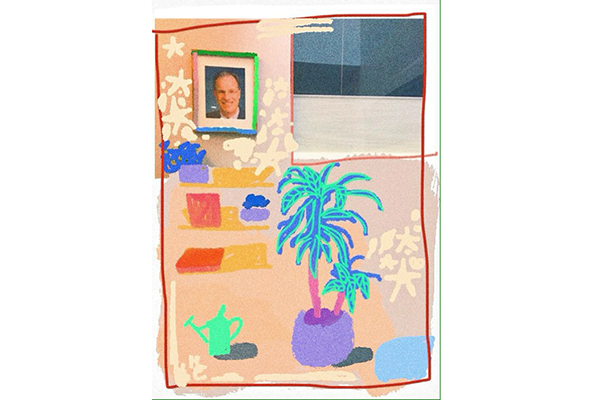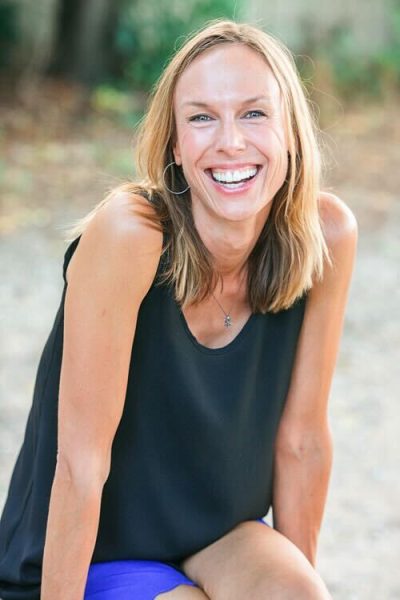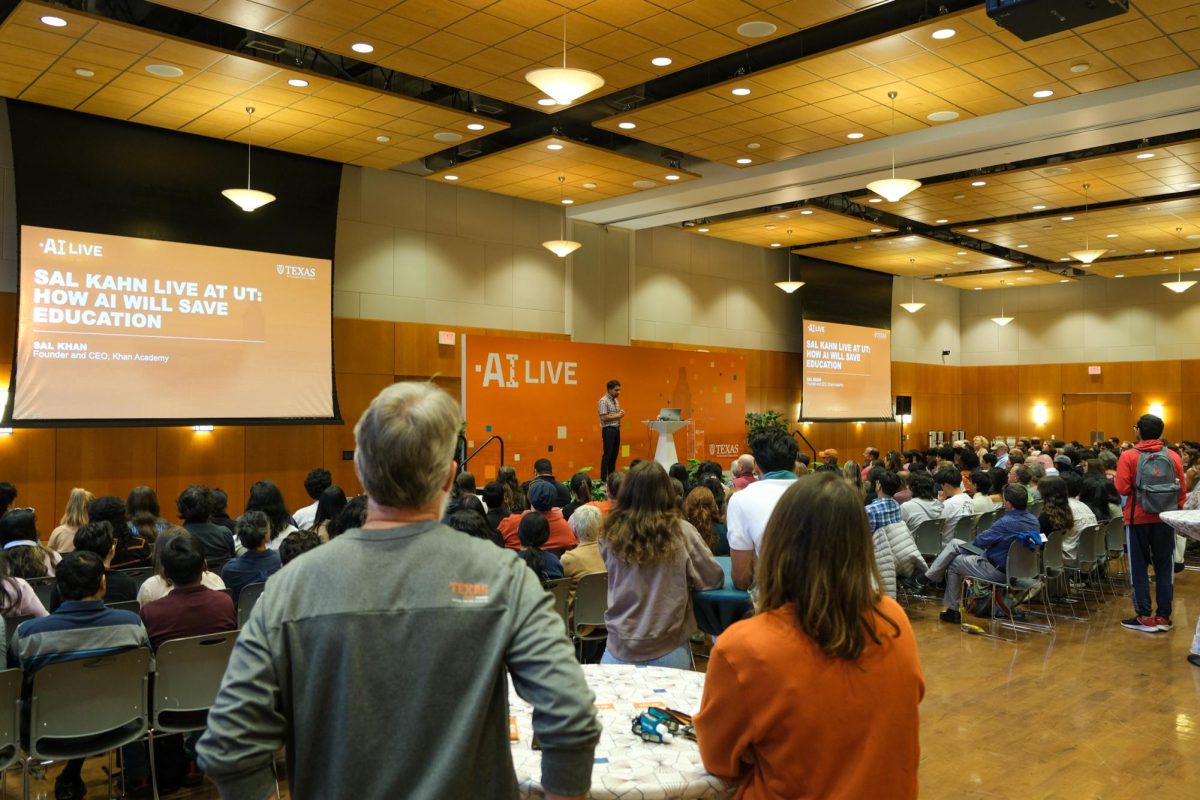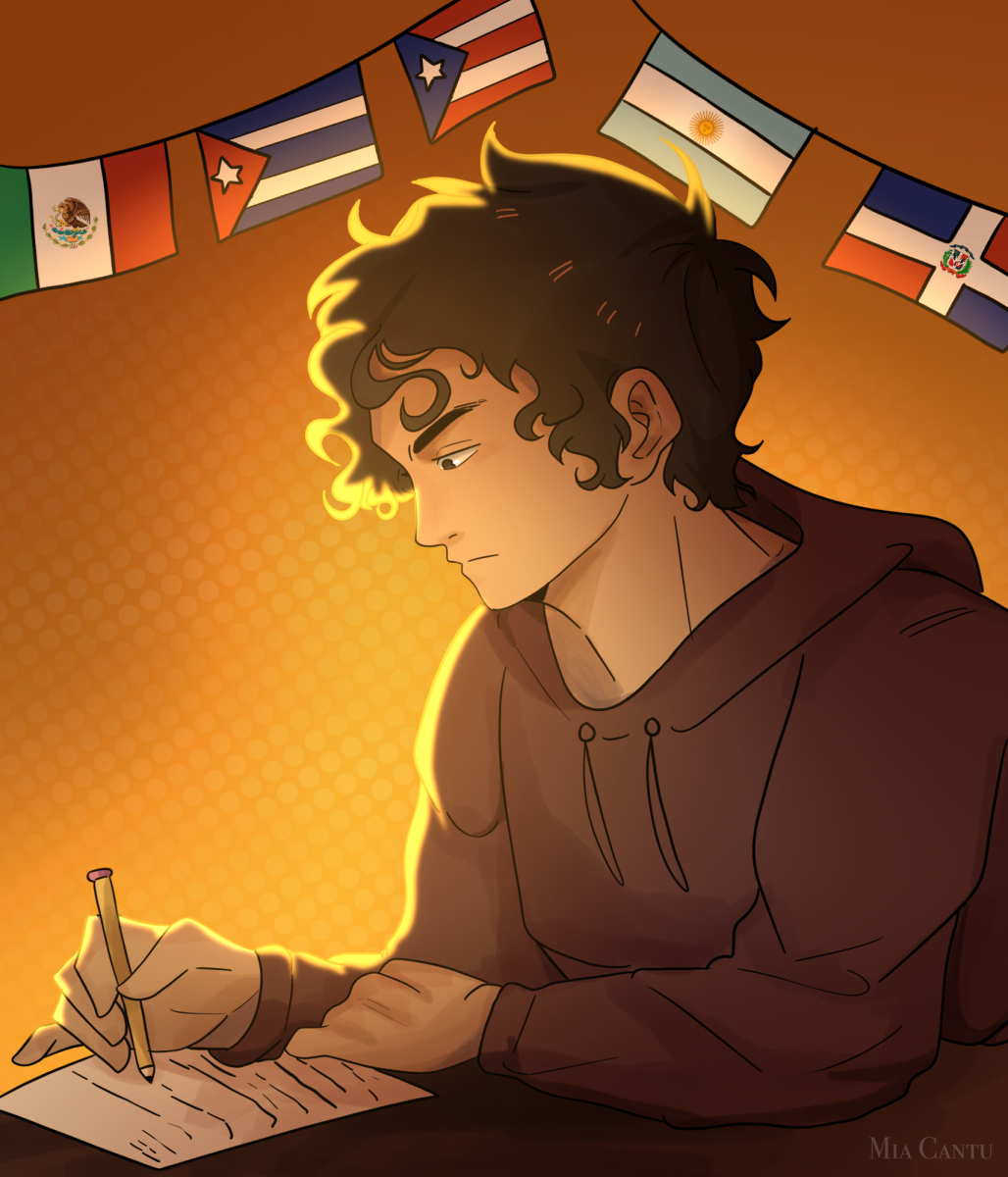In Jesse H. Jones Hall, two chairs and a couch sit in the center of the fifth floor, flanked by potted plants and surrounding small, round tables. On the wall, shelves hold three balls and a book about juggling, allowing visitors to test their skills. This is The University of Texas School of Law’s new John Robertson Alcove.
“(John Robertson) was a very renaissance man,” law professor Wendy Wagner said. “He was a really well-rounded, whole person … highly respected as an academic.”
Robertson taught law at UT for more than 35 years. After his sudden death from a brief illness in 2017, a faculty committee collected money through a memorial fund and used the donations to construct an alcove within the law school to honor him. The committee selected furniture, pieces of art from Robertson’s personal collection and other items that represent him, such as the juggling book. The alcove began construction in 2018 and is currently open for students and faculty to use, said Wagner.
“John was very into art and hip, and he was not at all a frumpy guy,” said Wagner, who was a member of the committee. “We wanted to make sure we weren’t fighting the feel of the building, but at the same time, (creating) a space that was a little bit cozier.”
The space serves both to remember Robertson and as an area where students and faculty can relax in between classes and work.
“They’ve just put little mementos about him and the things he used to like,” said Katherine Jeffress, a second-year law student. “It’s kind of a good place just for a breather every so often.”
Robertson taught both constitutional and criminal law but specialized in bioethics, Wagner said. An alumnus of Dartmouth College and Harvard Law School, he joined the UT law faculty in 1980.
“We were colleagues for about 40 years,” law professor Steven Goode said. “He was one of those vibrant, intellectually curious people. He had an enthusiasm for life and for people.”
The leftover money from the John Robertson Memorial Fund will also finance two summer bioethics fellowships starting summer 2020, Wagner said.
“It was hard because he was a central member of the faculty and just the kind of guy you are thrilled to see every time you walked in the office,” Wagner said. “We wanted to have something where we could always kind of feel like he’s around.”


















